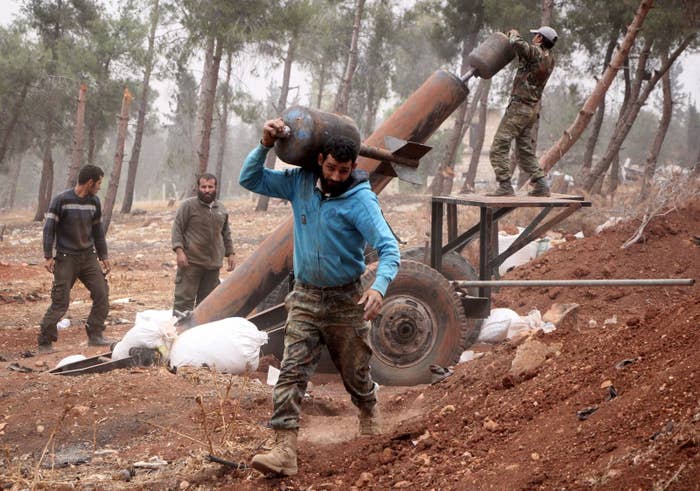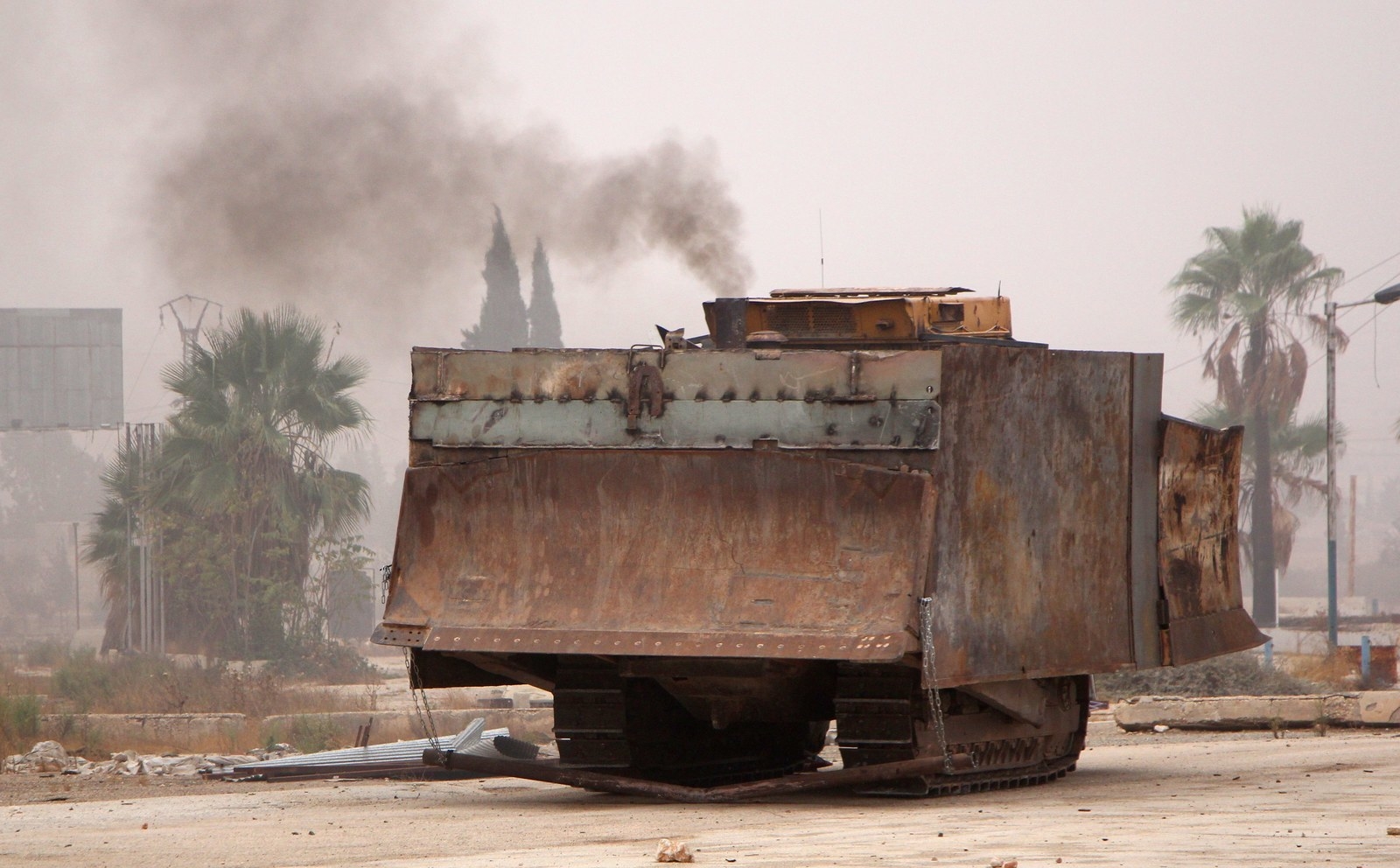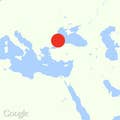
ISTANBUL — Syrian rebels launched a make-or-break offensive to end the siege of eastern Aleppo on Friday, attacking with rockets, truck bombs and thousands of ground forces at checkpoints and military sites controlled by forces loyal to the regime of Bashar al-Assad.
Black smoke darkened the skies over the city, Syria’s largest, as a confederation of mostly Islamist rebel groups launched an attack of at least three prongs on the western edges of the city from the rebel-controlled countryside. Rainy skies kept Russian and Syrian regime warplanes mostly grounded throughout the day, giving the rebels an opportunity they had been awaiting for weeks.
“In only hours or days, we will break the siege,” a leader of one rebel group, Faylaq al-Sham, told fighters before the battle in a video posted online. “Oh, Bashar! We come to you with men who love death as much as you love life.”
A human rights monitoring group described ferocious clashes between rebels and pro-regime forces as rebels struck with suicide and car bombs and hammered away at air bases used to launch the Russian and Syrian planes that wrought havoc on rebel-held territories for more than two years. Analysts said the offensive could determine the future of the Syrian rebellion.
“They’re being slowly chipped away in Aleppo,” said Neil Hauer, an analyst at SecDev, an Ottawa security and intelligence consultancy. “If the rebels lose Aleppo, the rebellion will effectively be reduced to [the countryside]. If they win, it will be the one thing that will affect the calculations of Russia, which is already disillusioned with the performance of the Syrian military. They will have to escalate or seek an accommodation with the rebels.”
Apocalyptic panorama as Syria rebels launch large-scale operation to break regime siege of east Aleppo.
The ongoing battle for Aleppo marks a further descent into violence in Syria’s five-year civil war. It represents yet another failure for the UN and international community seeking to halt a conflict that has already displaced more than half of Syria’s 24 million people and left hundreds of thousands dead.
Since 2012, the eastern half of Aleppo has been under the control of rebels while the western half of the city remained under the control of the Assad regime. Backed by Russian air power and Iranian-backed hardline militias, the Assad regime this year imposed a crippling blockade on eastern Aleppo’s nearly 300,000 people. Efforts by the UN to broker a ceasefire or at least open cordons to allow civilians and wounded to exit the besieged city repeatedly failed.
Rebels, including some armed units formerly loyal to Al Qaeda, broke the siege on Aleppo late in the summer only to watch the regime, with the help of hundreds of elite fighters from Lebanon’s Hezbollah, reimpose it shortly afterward. The rebels have vowed for weeks to attempt another offensive. Videos posted to social media in recent days showed rebels preparing weapons, vehicles and tanks for the battle. Ahrar al-Sham, an Islamist rebel group with close ties to Turkey, played a prominent role in the latest offensive, preparing the groundwork for weeks.

The offensive began with several massive remote-controlled and suicide bombs — it included a giant armored bulldozer laden with explosives — striking at positions on the city’s western fringes. Analysts monitoring the progression of the attack described a main line of assault into an area called Dahiyet al-Assad and the Hamdaniya districts in the southwest of Aleppo, simultaneous with two smaller diversionary attacks to the north. Rebels said they had captured at least 10 Shia Iraqi militiamen fighting for the regime as well as several pieces armor.
Even though the attack had been anticipated for weeks, it appeared to catch the regime somewhat off guard. Lt. Gen. Segrei Rudskoi, of the Russian armed forces, told the Interfax news agency late Friday the attack had been repelled, a claim that did not appear to coincide with facts on the ground. Rudskoi said the armed forces would soon resume bombing runs over Aleppo.
“Because civilians continue to die and the militants have resumed active military action against the government forces, we have asked … to be allowed to resume airstrikes on illegal armed groups in eastern Aleppo,” he told the Russian news agency.
Rebels are equipped with at least four mobile Grad multiple rocket launchers and 122mm missiles, both of which were likely provided through the Turkish border by Saudi Arabia. While originally meant to threaten Assad’s supply lines by striking at airports and roadways, their use in urban guerilla warfare is novel and potentially devastating to civilians. A pro-regime news outlet cited the city’s health director as describing at least 15 dead and more than 100 injured on Friday in western Aleppo.
These are the shiny new Grad rocket launchers and 122mm rockets Syria rebels hope to use to devastate & decimate re… https://t.co/91WVZMVsTL
“The Grads have little use for an offensive of this kind,” said Tobias Schneider, an independent Washington-based analyst who closely monitors Syria. “They are relatively imprecise and in and of themselves do not make much of a difference, but only in so much as they can suppress reinforcements coming in through airports.”
Some of the Grads targeted Aleppo’s Nayrab Airport, which is described as a main staging point for Hezbollah and Iraqi Shia militias that rallied regime forces to reimpose the siege on eastern Aleppo in early September.
“If the rebels do manage to break the siege and hold the ground, it puts Assad in a terrible position,” said Schneider. “Not politically or diplomatically but strategically. He’s running out of forces and he’s out of material. The only way he managed to break the siege last time was with massive external support.”
Additional reporting by Asmaa al-Omar.

